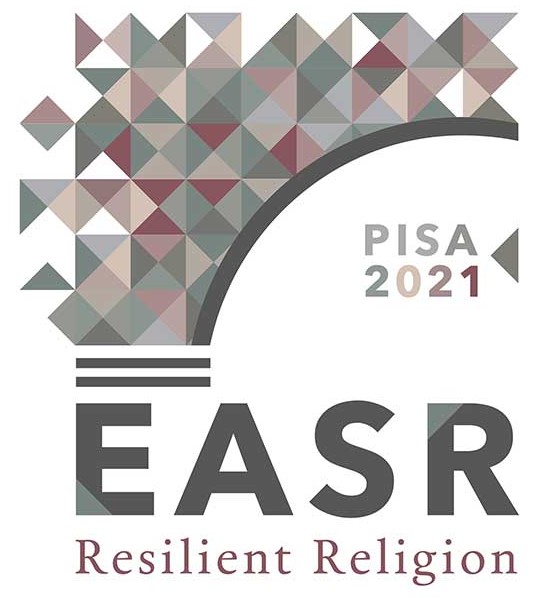Religious changes in Latin America: Beliefs, Identity & Democracy
In the last 50 years, Latin America has undergone a series of religious transformations that have influenced the social, political, and economic life of the region. In particular, growth of the evangelical-Pentecostal groups has had a strong influence on the political affairs in the last 20 years.
These religious groups often legitimate morally conservative positions and are economically associated with right-wing groups linked to the elites in power, remarkable example being President of Brazil, Jair Bolsonaro, who is associated with such evangelical churches as the Igreja Universal do Reino de Deus (IURD) from Edir Macedo.
In the Central American case, influence of religion on politics can be seen in the 2018 elections in Costa Rica, where the candidate Fabricio Alvarado promoted a political agenda openly based on the religious positions. In the same year in Nicaragua, the beginning of protests against the government increased political, social, and religious polarization, anti- or pro-government political stance being associated with the religious affiliation.
This session is open to researchers, whose studies concern the religious phenomena in Latin America. The topics that can be addressed are empirical results of the research, methodologies of research on the issue of religion, religious behavior in times of the coronavirus, rituals, identity construction, religious movements in / and indigenous communities, religious phenomenon, violence and peace processes, religious groups and gender, sexual and reproductive rights, management of social crises, justice and democracy, and other topics relevant to the issue of religion in Latin America.
Álvaro Augusto Espinoza Rizo: aespinoza_rizo@uni-bielefeld.de
